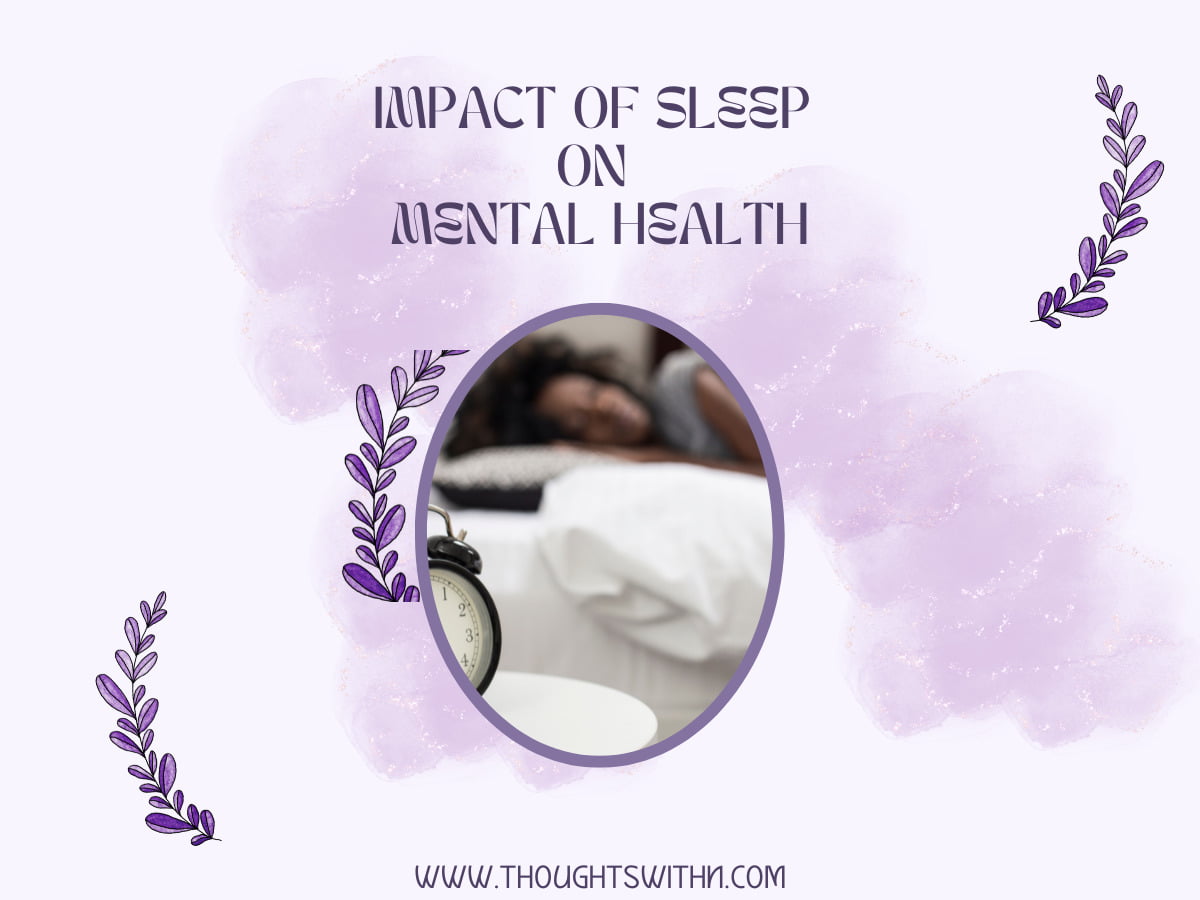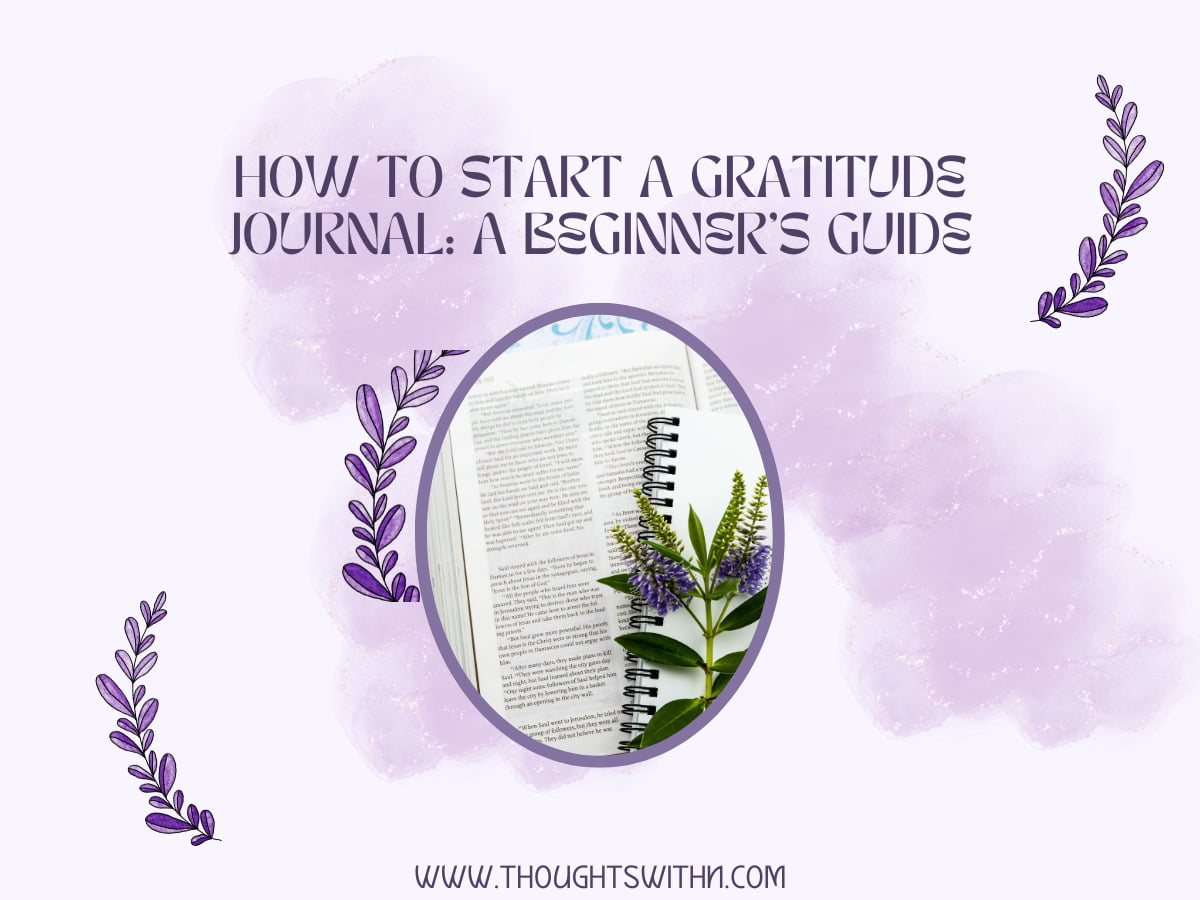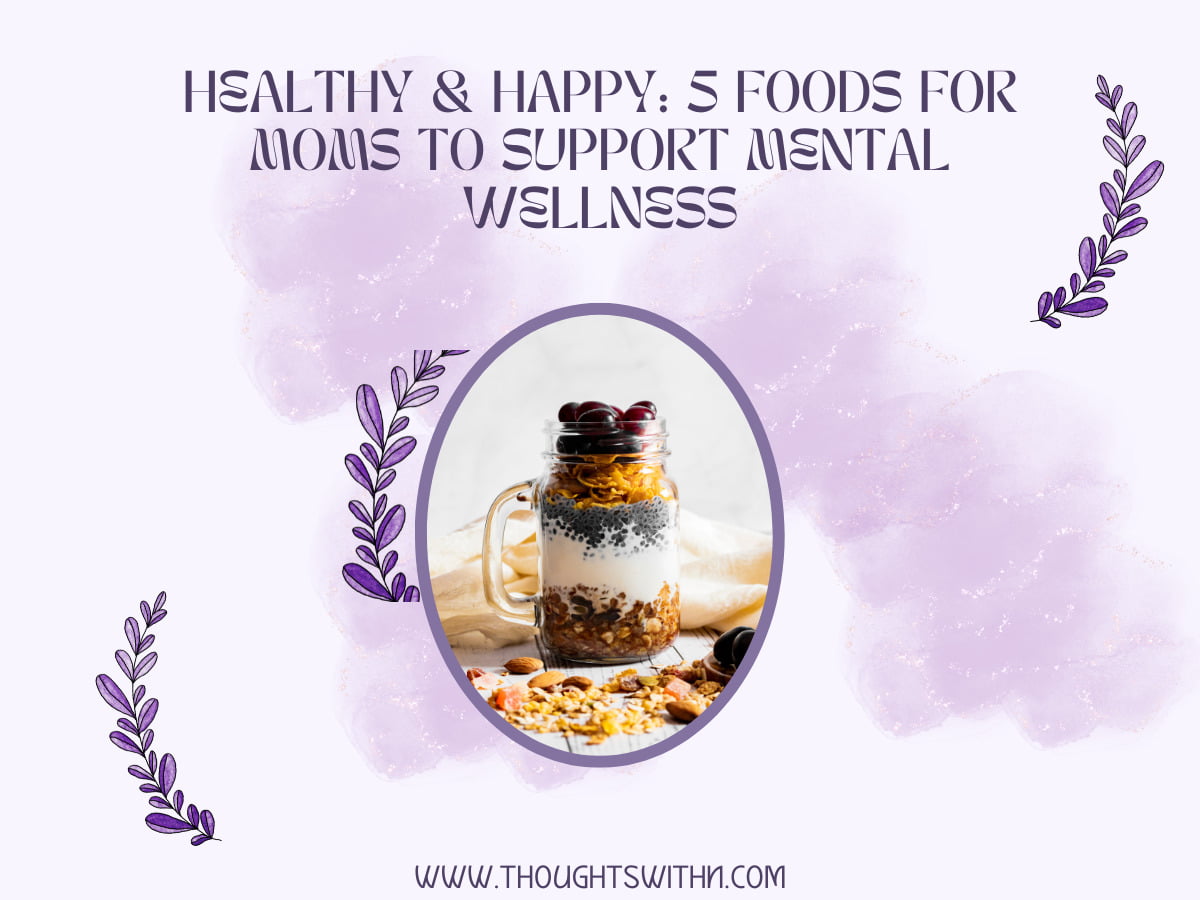Welcome to the world of sleep, where you can recharge your body and mind and enthusiastically start a new day. Yet, despite sleep’s critical role in our lives, many of us still fail to get the restorative and quality sleep we need. Countless factors can contribute to our sleep problems, from sleep disorders to poor sleep hygiene. But don’t worry, in this post; we will explore the importance of sleep, its many benefits, and how you can improve your sleep health. We’ll also touch on the great impact of sleep on mental health. So, grab a cup of tea, put on your favorite pajamas, and get ready to learn how to achieve a restful and refreshing night’s sleep and wake up feeling rejuvenated and ready to tackle the day ahead!
Understanding Sleep Health
According to the Centers For Disease Control And Prevention, one in three adults doesn`t get enough sleep. It`s also estimated that 975,000 Canadians between the ages of 14-18 suffer from a serious lack of sleep. And worldwide, it`s estimated that up to 50% of the population suffers from insomnia. I think sleep is sometimes perceived as being lazy. For example, sleeping late into the day or napping, when actually it is something that your body 100% needs. When you get enough sleep, you usually find that you get sick less often, lower your risk of serious health concerns, and can think more clearly.
Importance of Sleep
Sleep occurs naturally and is a reoccurring state of mind and body. There are different sleep stages, which are a very normal part of our daily routines. In fact, it`s a mandatory part of our routine. Sleep is essential to our survival and to thrive in our lives. Sleep affects how our brain functions and directly impacts our mental health. It can affect health conditions, weight loss/weight gain and even more. It’s also important to note the impact of sleep on mental health.
Benefits of good sleep:
- You will likely have better productivity and concentration. These will likely make functioning through your day much easier and less frustrating than fighting to remain focused on the task at hand.
- Better athletic performance. This is because you have more energy, better coordination, and all-around better mental functioning.
- Lower your risk of heart disease. This is because sleep is said to be the time when the body regulates its blood pressure.
- Strengthens your immune system; therefore, you get sick less often! So your sick days at work can be used for Y O U! Self-care!
- Healthier and clearer skin.
- Improves memory.
- Happier moods.
- More stable mental health.
- Lower stress levels and able to manage stress in a healthy way.
Cons of NOT getting enough sleep:
- Potential for high blood pressure, diabetes, heart attack, and more
- Lack of sex drive.
- Struggles with mental health.
- Being more forgetful.
- Memory issues.
- Trouble thinking and concentrating.
- More mood swings.
- Potential for more accidents (workplace injuries, driving injuries, etc.)
- Ages your skin.
- Impairs your judgment.
As you can see, sleep is VERY important! So, how much sleep do we need? It`s recommended that most adults require anywhere from 7-9 hours. However, it really does vary from person to person. Some feel better with 6, and some need 9-10 hours. Also, some feel better with a nap in the afternoon as well.
Napping can offer an adult many benefits.
Decreased stress and feelings of relaxation are the first to come to mind. Improved mood and reduced fatigue are a few more benefits. Some adults find that napping disturbs their nighttime sleep or that it just makes them feel even more tired and groggy. Daytime napping is certainly not for everyone, but for some, it can be very beneficial.
Sleep Deprivation & The Impact of Sleep On Mental Health
For the last year, I have been trying different medications and combinations of different medications to manage my mental illness, and most of them really impacted my sleep. For a few weeks in November, I only slept from about 9 pm until 12 am, and then I would wake up and start my day. My eyes felt so tired by the afternoon, but I could never nap. My body wouldn`t allow me to fall asleep. By evening, I felt like a mess. I couldn`t even remember what had happened in the morning, which made it very difficult when my kids would say, `Mom, remember you said….`. My memory was completely gone, and I felt stupid. It was a very hard point in my journey with medication. Upon starting this new medication, I struggled with sleep for about the first week. But now, usually, I can sleep through the night. If I had to give an average, I would say I sleep through the night 5 out of 7 days a week. I`ve had to play around with what time I need to take my medications, whether or not to eat, and what time all of these work best for me. When I don`t get enough sleep, I struggle so much. I feel like an emotional wreck. I cry, yell, and think more; none of these things work well together. It feels as if the entire world is falling apart and all falling on me.
On days that I feel like this, I remind myself that sleep is NECESSARY. It isn`t just something to do if I have time. All the chores that I have to do will still be there tomorrow, but taking care of my mental and physical health is mandatory. Those days I go to bed early. Sometimes even very early. It’s important that your bedroom is set up to support good sleep. I used to feel so bad when this happened. Being 29 years old, should I really be going to bed at 8 pm? But I`ve come to the conclusion that my age doesn`t matter. My health does. My mind matters more than laundry, dishes, and dirty floors. And yours does too. All of the things on your to-do list will be there tomorrow as well. YOU come first before all. This has been a lesson I`ve needed to focus on.
How important is the impact of sleep on mental health?
The impact of sleep on mental health has been widely studied, and the evidence consistently suggests that sleep and mental health are intricately linked. Numerous studies have demonstrated that sleep disturbances, such as insomnia or sleep deprivation, can increase the risk of developing psychiatric disorders, including depression, anxiety, and bipolar disorder. Additionally, sleep problems are both a predictor and consequence of mental health conditions, leading to a vicious cycle that can exacerbate symptoms and hinder recovery. Furthermore, adequate sleep has been shown to positively impact overall mental health and well-being, including improved mood, better cognitive function, and reduced stress levels. Therefore, it is crucial for individuals to prioritize healthy sleep habits to promote and maintain good mental health.
Love Always, N






Sleep is really imporant. When I suffered from insomina I felt like I was on an emotional rollercoaster. I went from exhaustion to a sleep deprived high, and then I’d crash. It was just a mad time. Getting into a routine and removing screens from my night time activities really helped a lot, so did making sure my room was super dark.
Thank you for reading and commenting!!! Have an awesome summer!
I love your post! I used to be a super heavy sleeper but ever since getting pregnant I swear I have insomnia!
One of the biggest lessons for me has been gut health – because when my gut is doing well, my sleep does so much better! I recently had a few months of getting 6 hours of DEEP sleep every night and waking up feeling amazing. Then, I slipped on my self-care and eating choices, triggering a fall into bloating… and hello bad sleep again!
The good news is: I know how to fix this and it’s relatively easy.
But good sleep – it’s priceless!
Definitely.. and I’m so glad you will be able to fix this for yourself! ?
My sleep can be so patchy. Particularly when I’m ill. I definitely feel the impact in all aspects of my life. I think the worst is waking up and realizing that although you slept you don’t feel rested at all. Possibly because you were tossing and turning all night. I hate that the most! But a good night’s sleep can set me up for the day. I don’t think there’s anything better than waking up knowing you’ve had a good rest.
Completely agree with this! I hate the feeling of waking up and still being exhausted! Thank you so much for reading and commenting!?
Great post! So true that sleep is so important. I cannot function without my 8 hours and love an afternoon nap! Emma from ECBC x
I love a good nap too!! Thanks for reading and commenting!! ?
You’re right – sleep really is SO incredibly important. I get so anxious when I don’t sleep and have no energy whatsoever. This post is so informative and helpful, thank you 🙂 xx
Thank you so much for reading and commenting ?
I’m an absolute mess when I’ve not had enough sleep! Sometimes need to have a quick nana nap in the day if my little one is asleep x
Yes definitely!! Thanks for reading and commenting ?
Yes great post!!! Sleep is SO important, seriously I feel like people don’t realise how important it is and how much it impacts your health. I know for me when I haven’t had enough sleep, or even haven’t had proper deep and stress-free sleep it can make me feel absolutely terrible, and I have no energy for anyone at all! Thanks for sharing the true importance of sleep, I hope people listen to this!
I am a wreck without proper sleep. Thank you for reading and commenting ?
Great post!! My sleep is awful, I’m constantly tierd I want to nap but napping makes me even more drained.. I try and have a day once a week where I can go back to bed when the sprogs go to school and catch up on all the missing sleep x
That’s a great idea!!! I should try that! Sending love!
I sleep pretty well! I’m quite lucky I think. It can certainly take me a while to get to sleep, but once I do sleep I have uninterrupted sleep until my alarm goes off. I almost never wake up during the night, and this can be an issue for me in the mornings as it’s normal for me to sleep through my alarm. Thank you for informing us on all the benefits of sleep!
Jazmin
http://www.jazminsauca.com
Thanks so much for this beautiful comment!!! Sending so much love!
Sleep is a funny thing. I really work best with 8-9 hours but I have a three year old that is not a good sleeper. I have terrible interrupted sleep and somehow I am still managing to function. Although, I know I am not living my best life because of the lack of sleep.
This is a great post!
Thank you so much for this comment? have a beautiful day!
Need it be said I love my bed? Being well-rested leaves me more disposed to smile, energetic, and in the mood to get something done!
I know when I have slept badly or gone to bed too late because I am irritable and sluggish, and that is a recipe for a bad day.
It can be difficult to turn off Netflix when bedtime comes round, but it is worth it!
It is! But it can be difficult definitely. Thank you for your comment. Sending love?
I find that sleep is often elusive Lately. I have discovered the importance of getting into a relaxed state before bed so I meditate pretty regularly. Yet, there are still nights where I lay awake.
Meditation is great!! I hope your sleep continues improving ?
I have a bad habit of going too late to bed but I usually fall asleep pretty fast. I used to think that I don’t need that much sleep but I really need 8-9h.
I go to sleep so early! I used to feel so silly about it but that’s what my body needs so oh well.
I’m a disaster without enough sleep. Luckily my meds take care of that for me.
I am too. Sending you love and positivity ?
I wonder if meditating will help me sleep even though I have night sweats that wake me up constantly?
Thanks for all the info!!
Have a great day !!